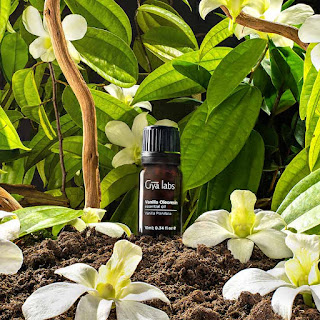myrrh essential oil
Myrrh essential oil :
Myrrh has been used as a perfume and incense for medical and religious purposes since ancient times. Myrrh essential oil is a popular choice in aromatherapy, and it's thought to help with coughs and colds, as well as digestion and immunity.
Myrrh essential oil is extracted from the gum of the Commiphora myrrha tree (a plant native to the Arabian Peninsula and Africa), and it includes a number of substances that may aid in health, including terpenoids (a class of chemicals having antioxidant and anti-inflammatory properties). Myrrh is a sap-like material (resin) that forms when certain plants' bark is cut. (Read More Myrrh essential oil)
Cinnamon oil :
Cinnamon is a
spicy, sweet aroma that brings back memories of good food and warm days for
many people. Cinnamon oil is prized for its aromatic qualities. It's also
linked to a variety of health and cosmetic advantages.
Cinnamon has been
examined for its influence on infection control, blood sugar management, and
other disorders in a number of ways. Cinnamon oil has been shown in studies to
have the following properties:
antibacterial
antifungal
antidiabetic
and antioxidant properties (Related Post : Cinnamon oil)
Thyme essential oil
Antifungal, anti-inflammatory, and antibacterial effects are all present in thyme oil. It's often found in foods, cosmetics, and toiletries as a preservative. It can also be found in mouthwash as an ingredient.
Thyme Oil , a mint-family herb, is frequently used in cuisine as a spice. The herb is thought to have therapeutic benefits in addition to imparting flavour. It has anti-inflammatory, antibacterial, and antioxidant properties that could help with everything from intestinal infections to skin problems.
Fresh or dried thyme can be used, or it can be distilled into an essential oil for aromatherapy.Thyme is also available as a liquid or capsule nutritional supplement. Teas, mouthwashes, face masks, and nasal sprays all include thyme. Also Read : Thyme Oil


Comments
Post a Comment